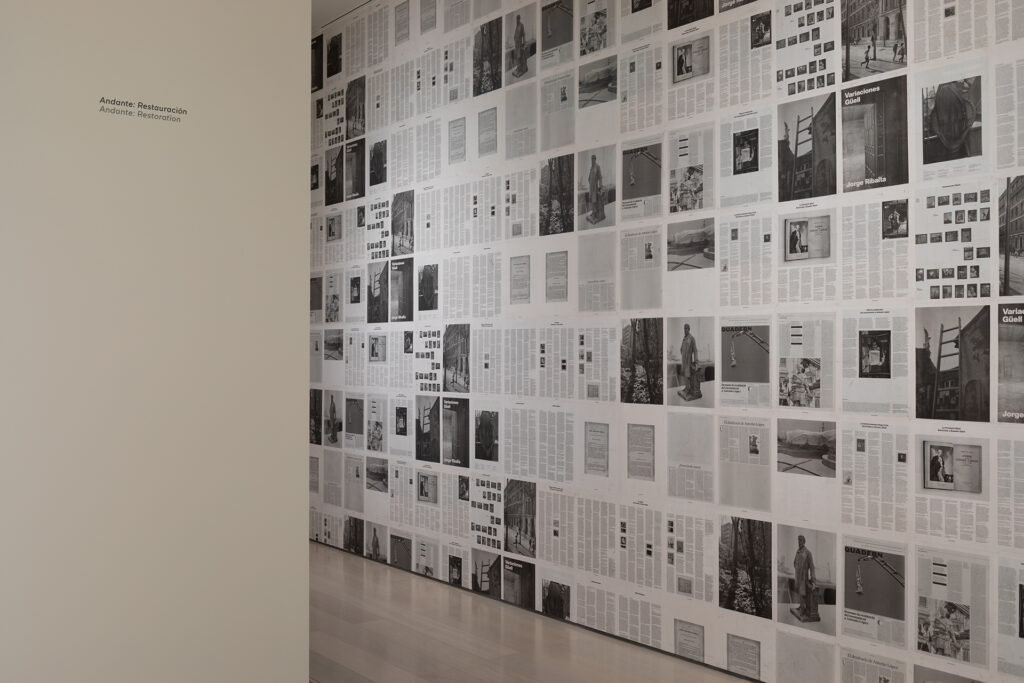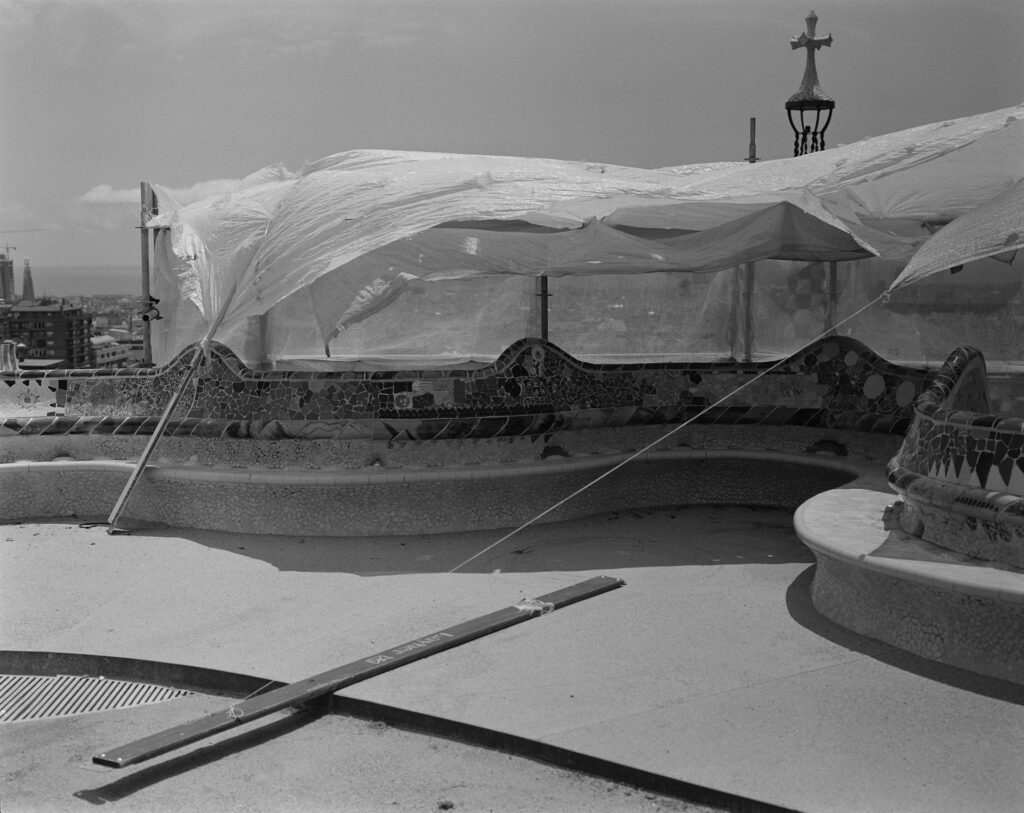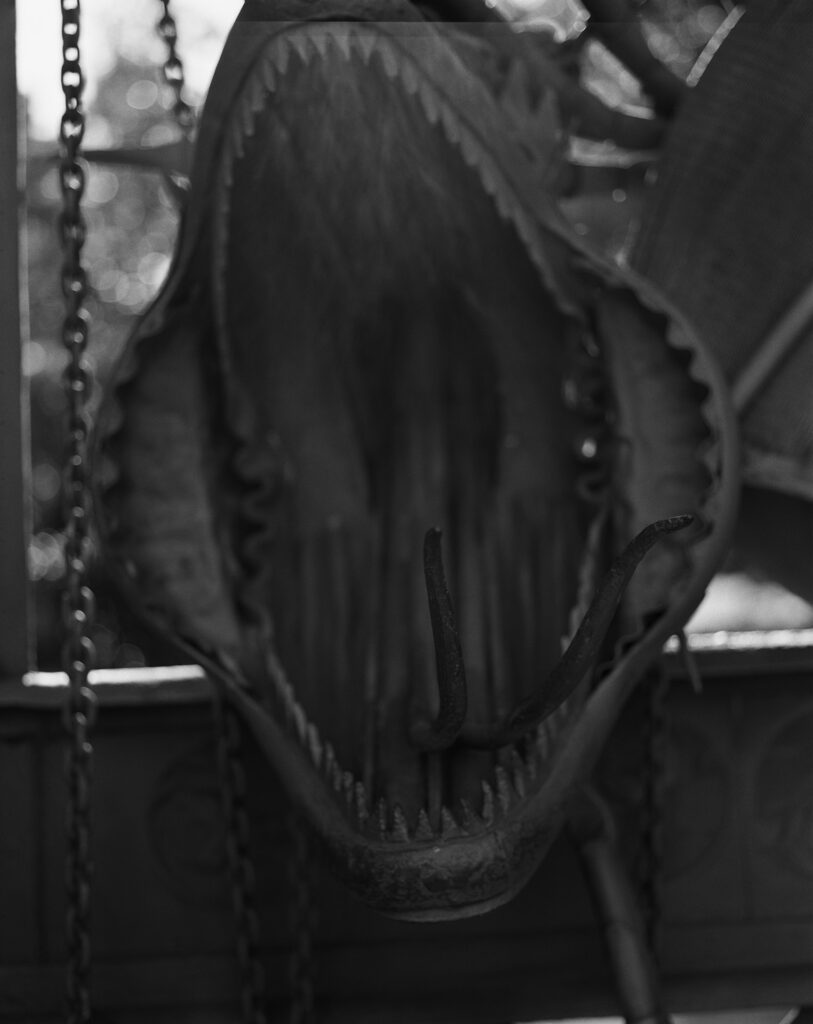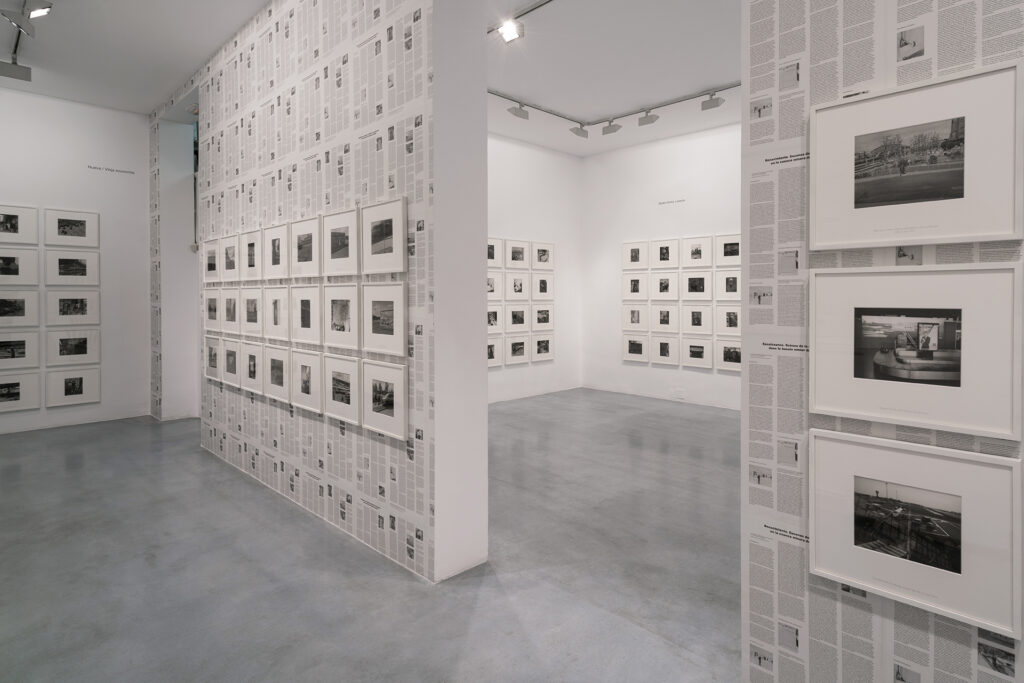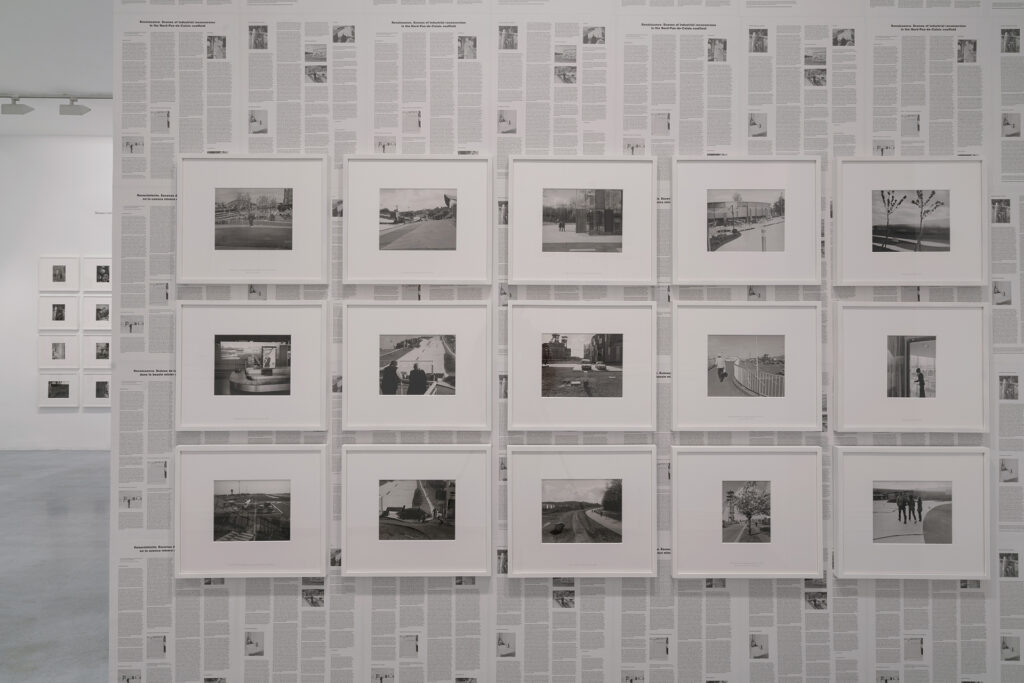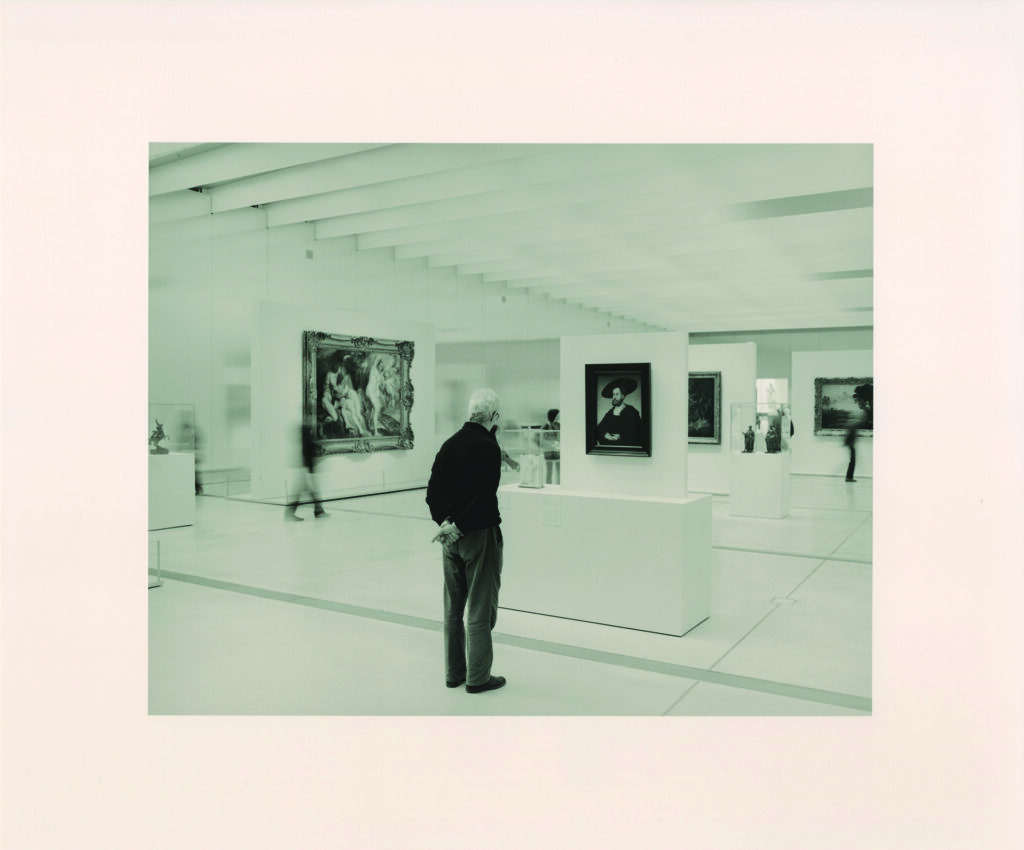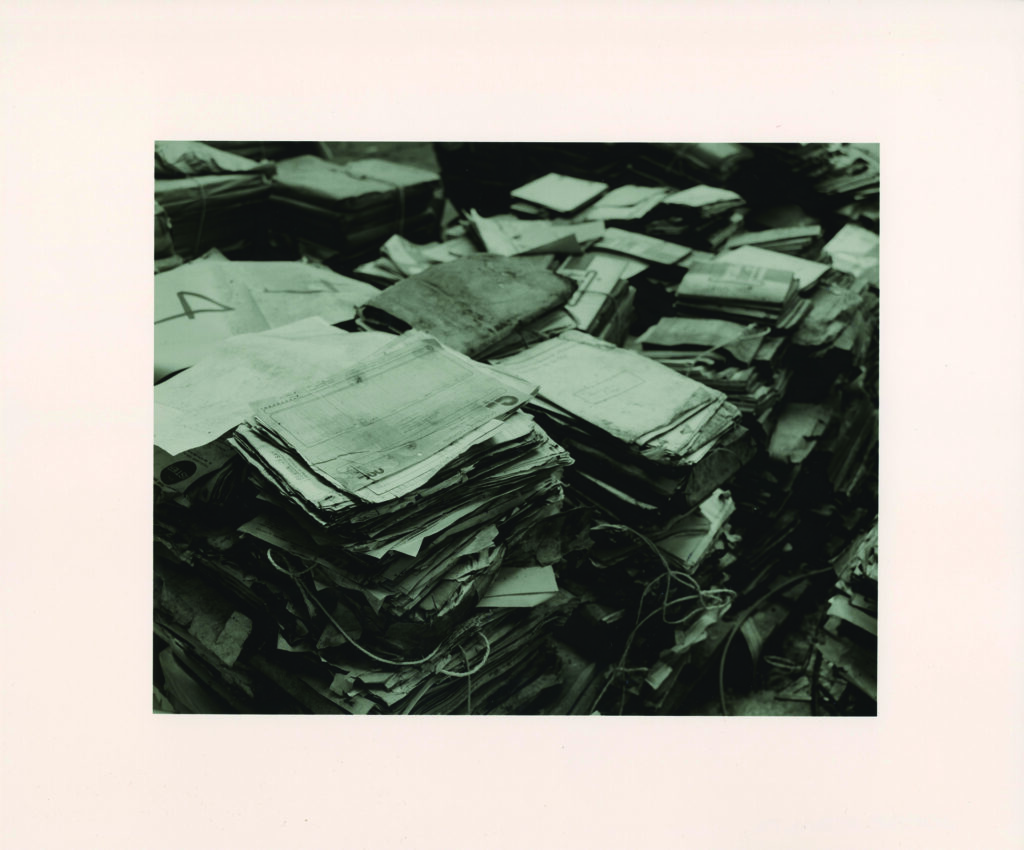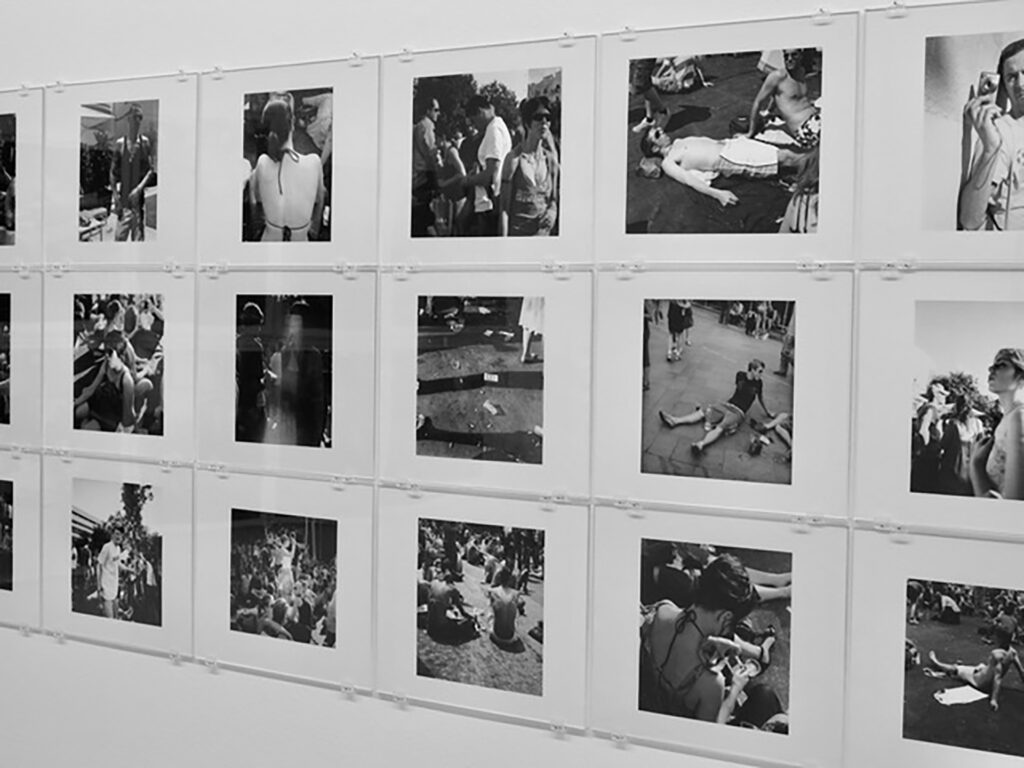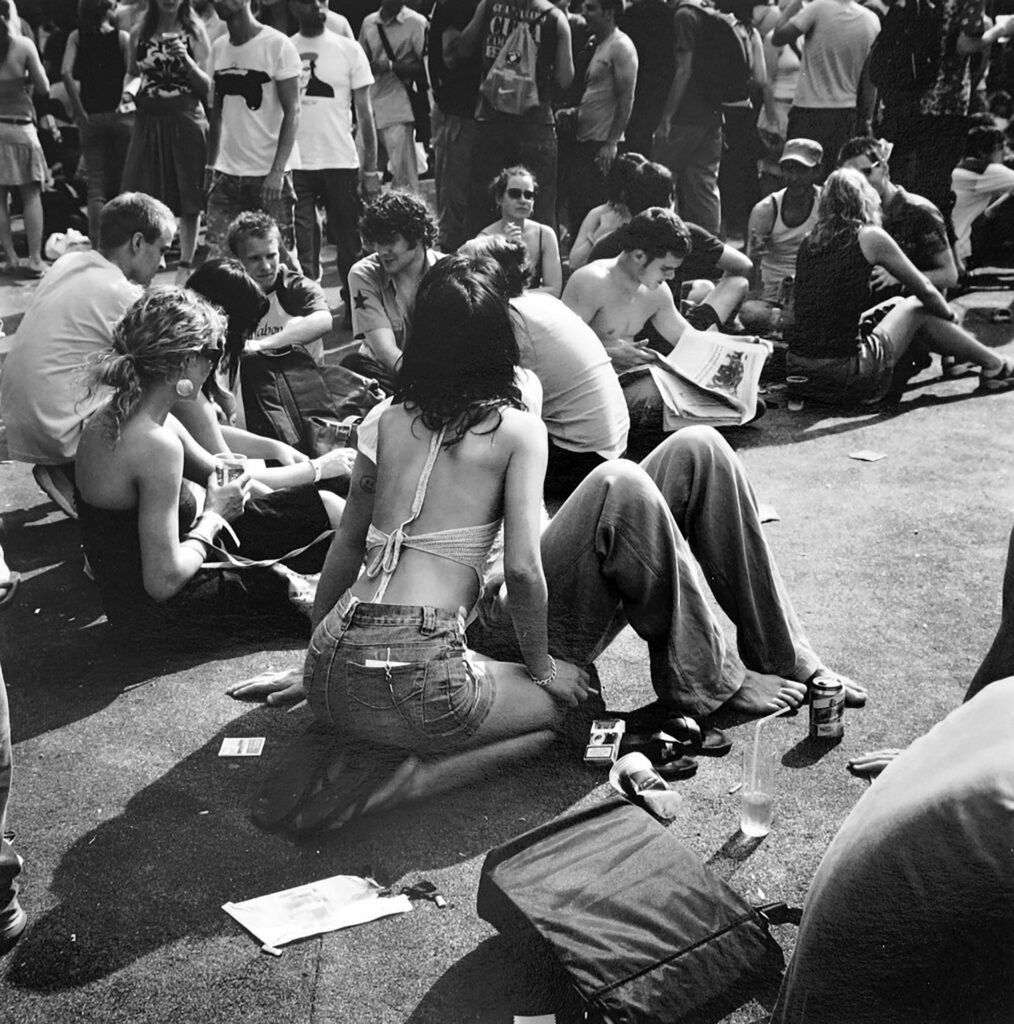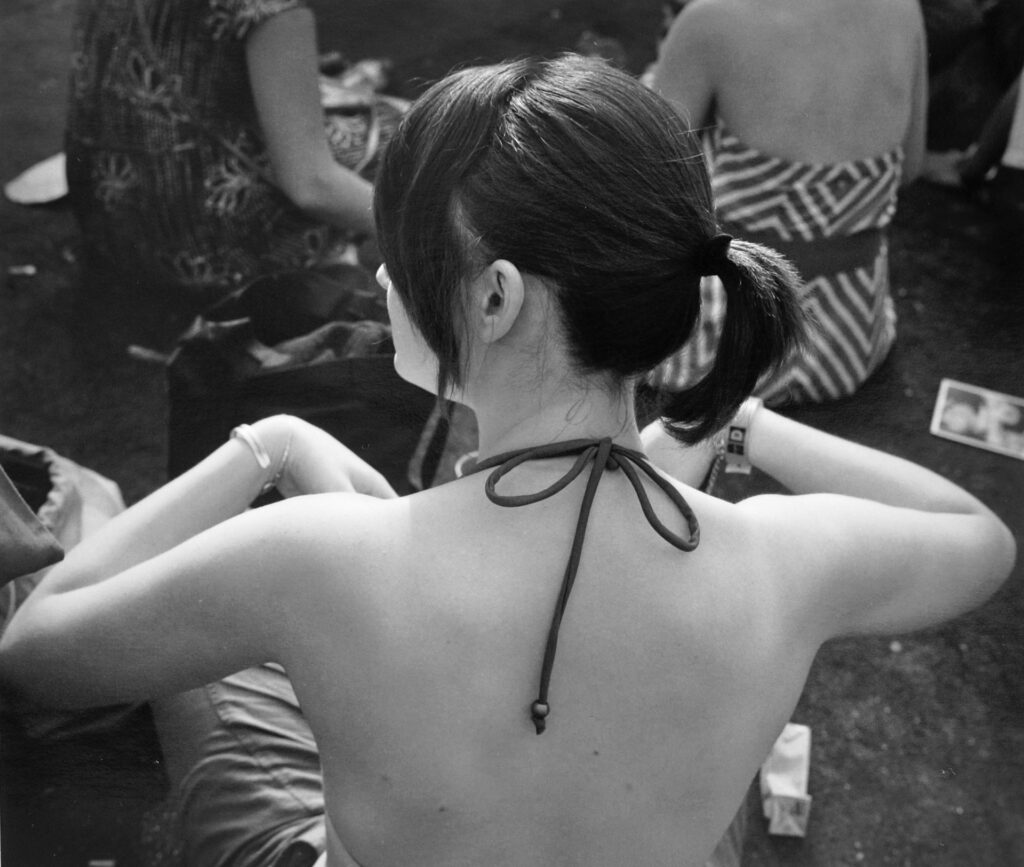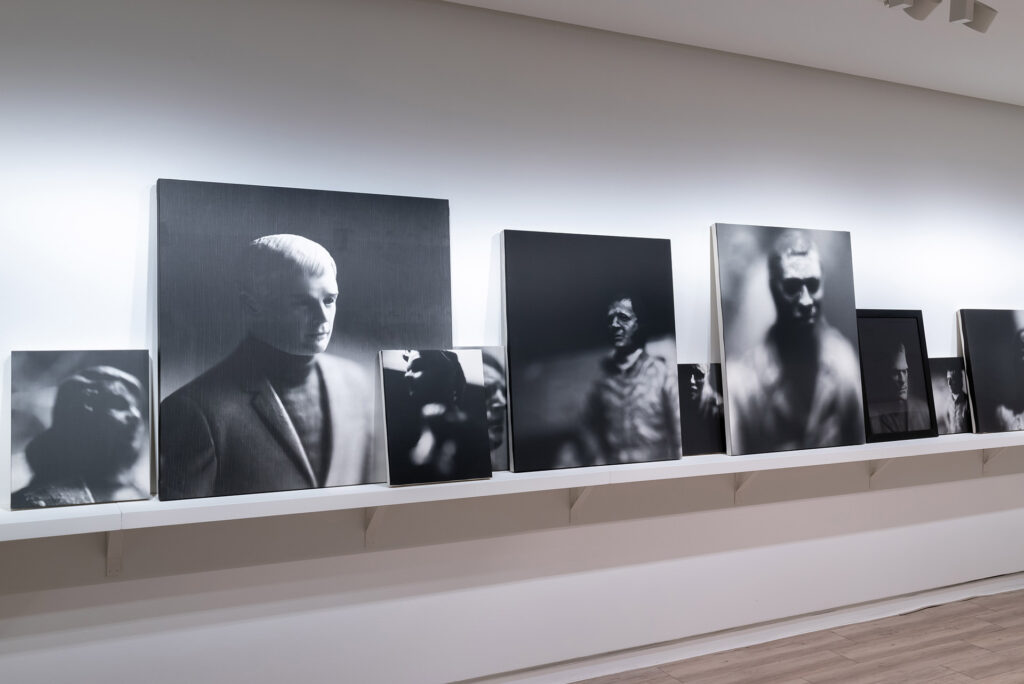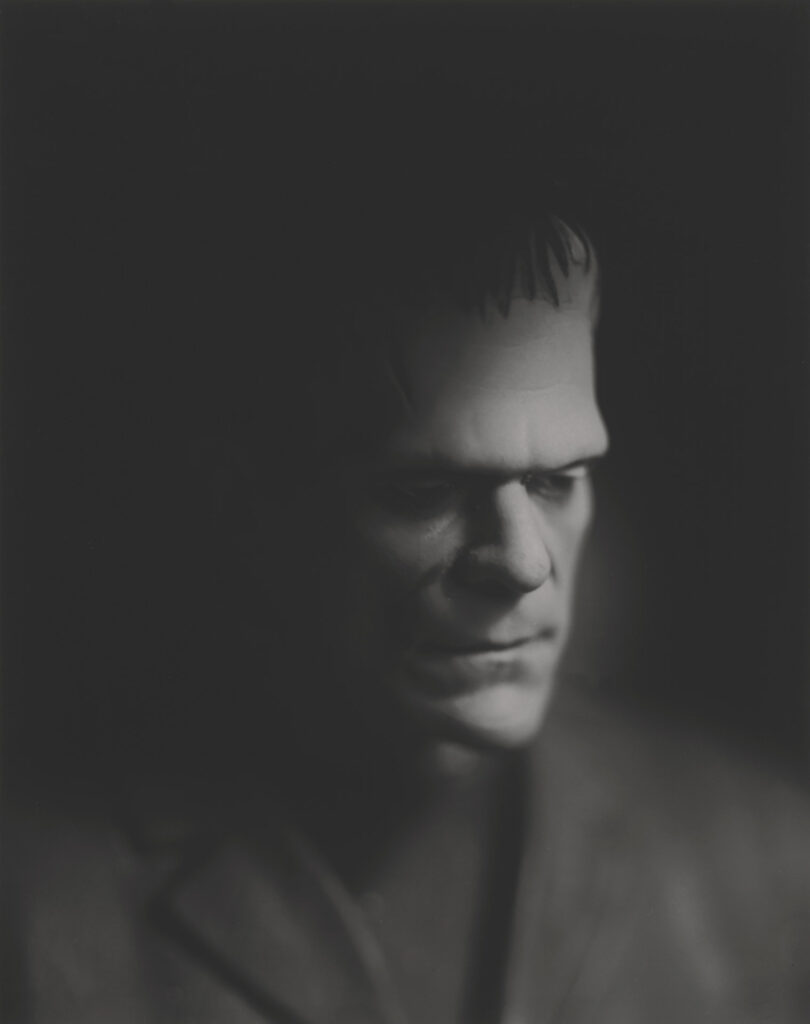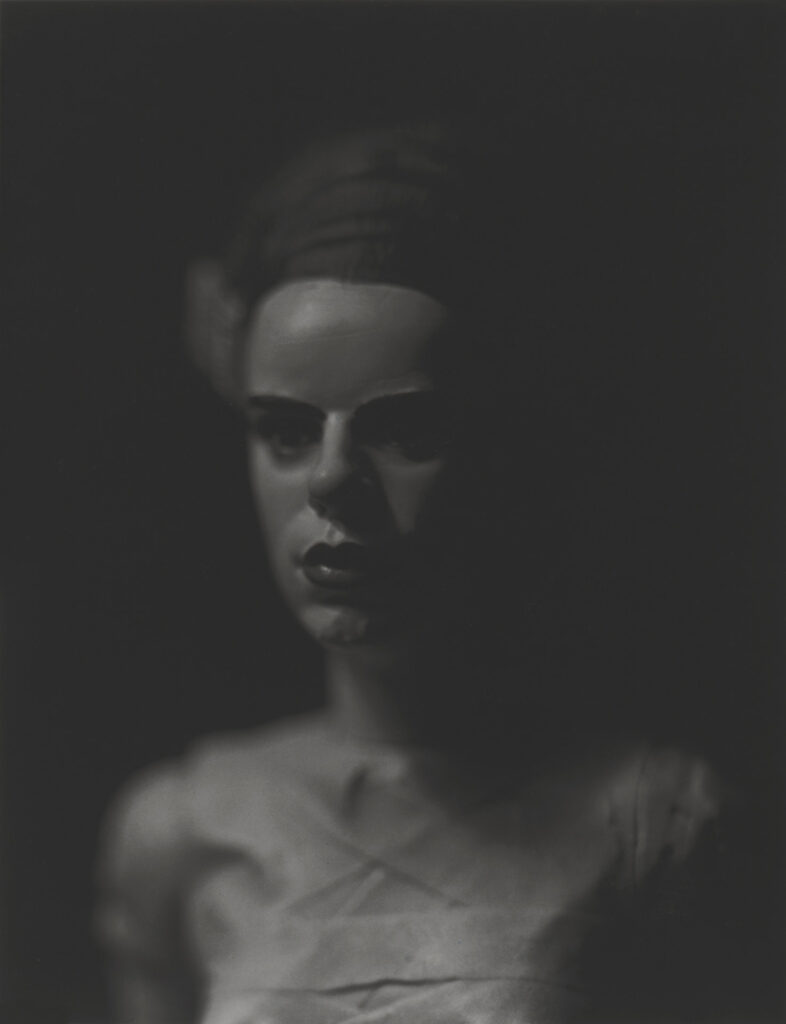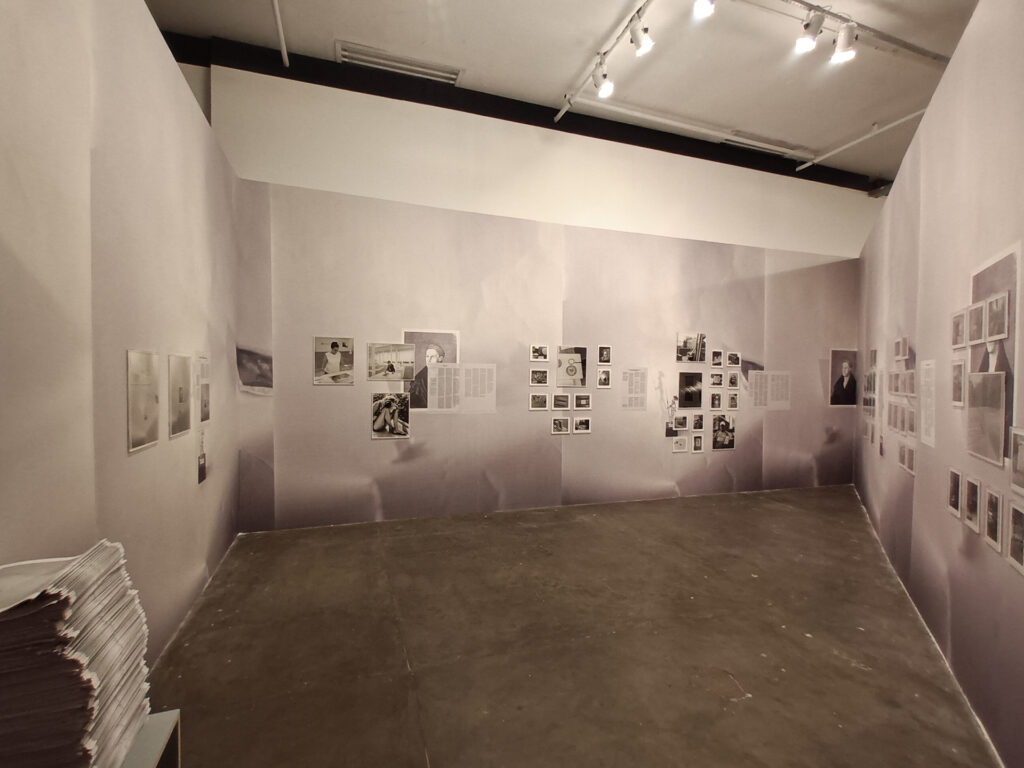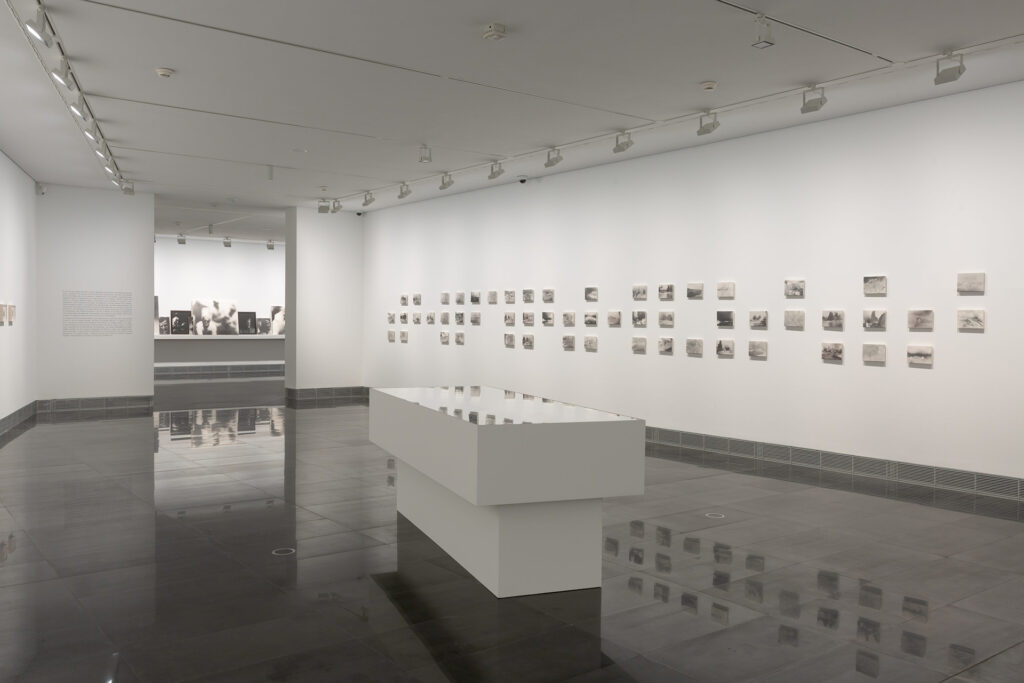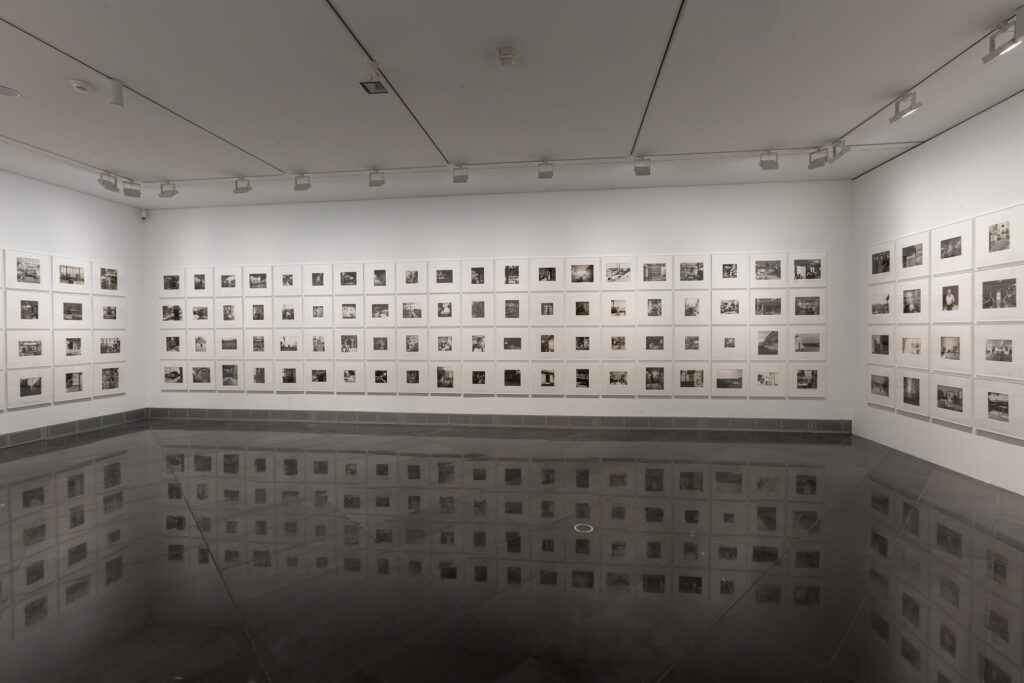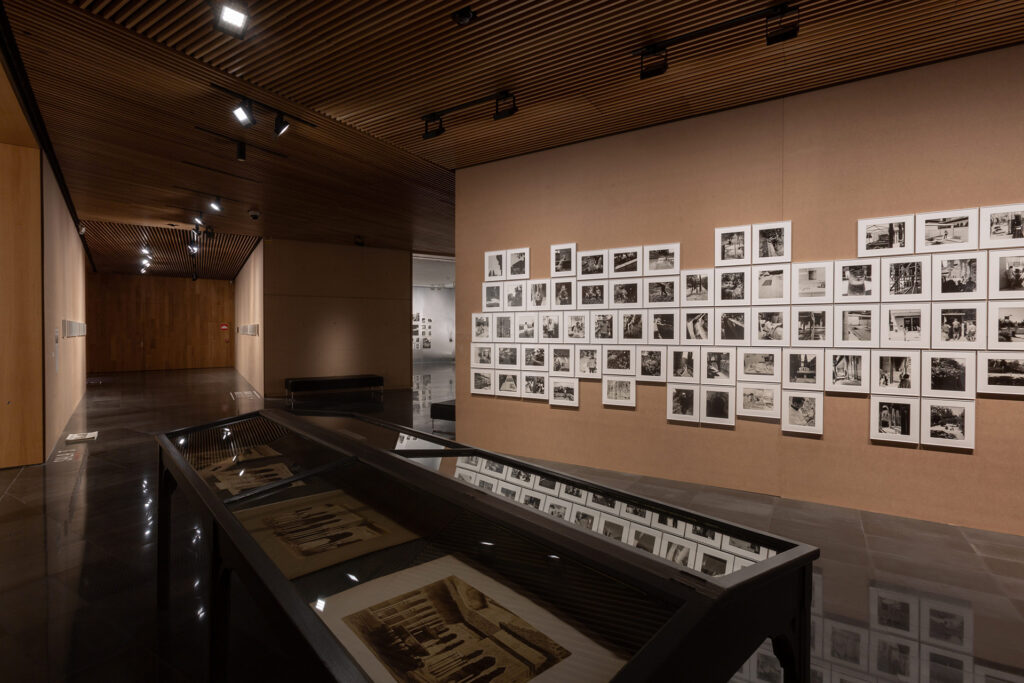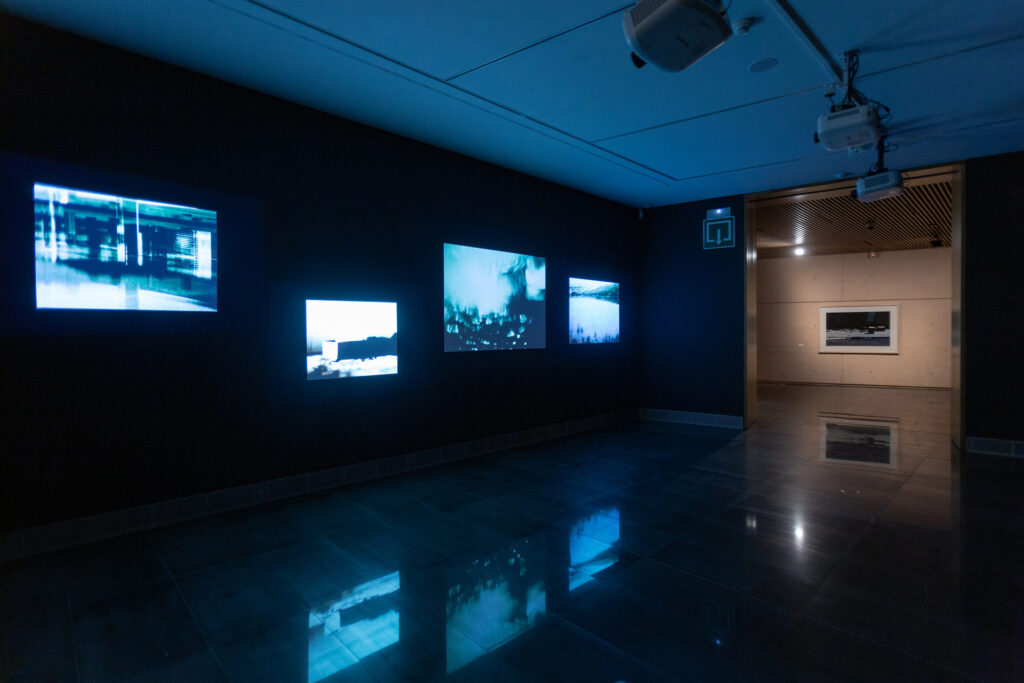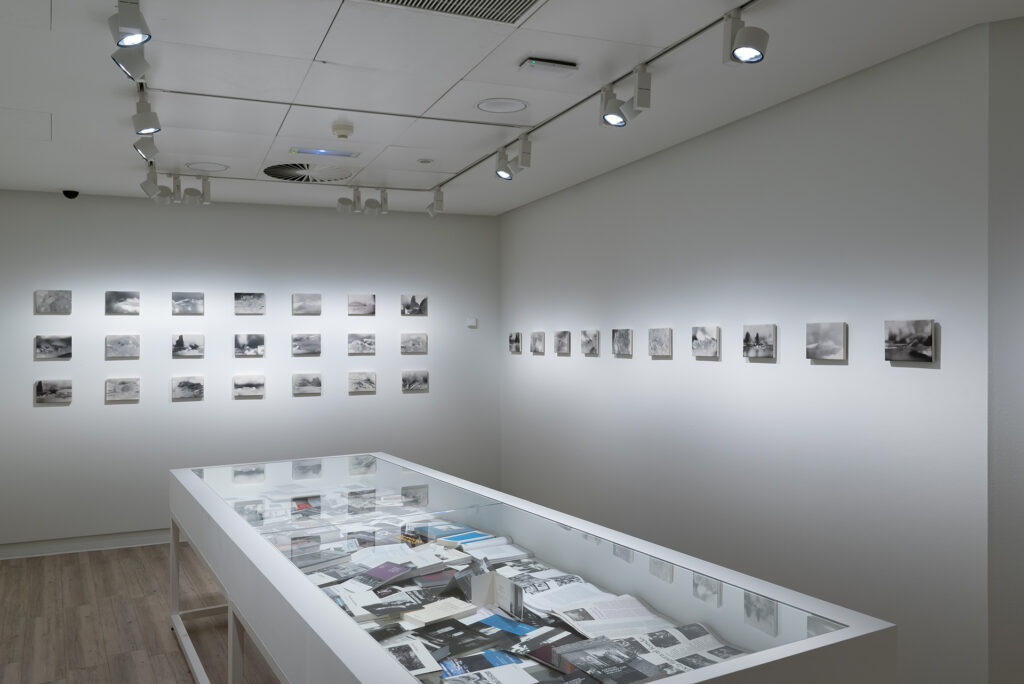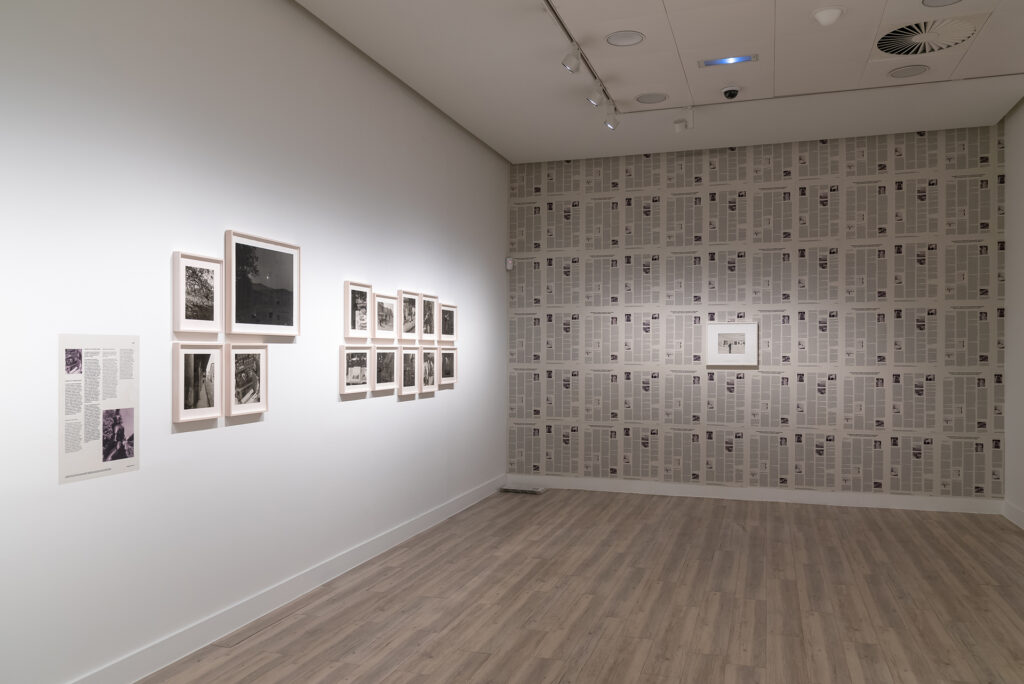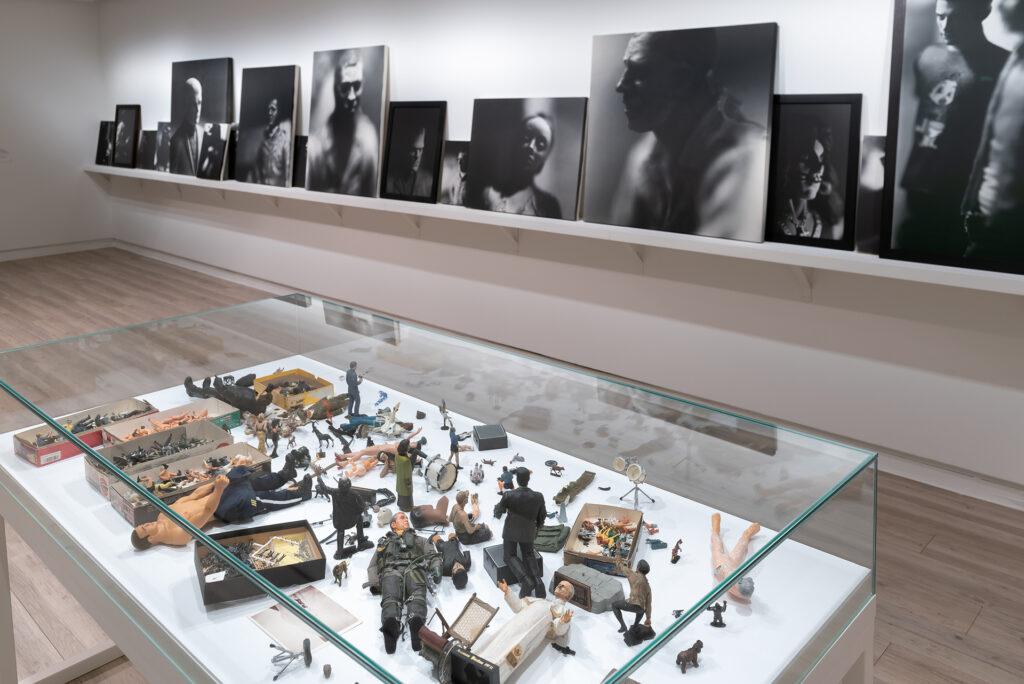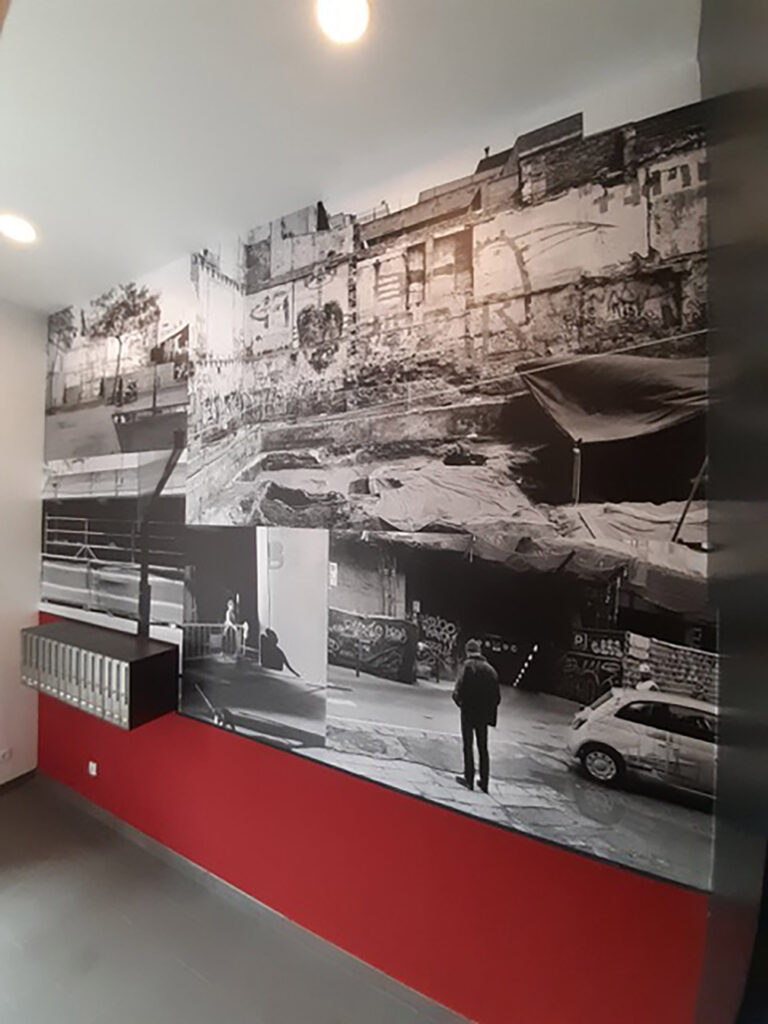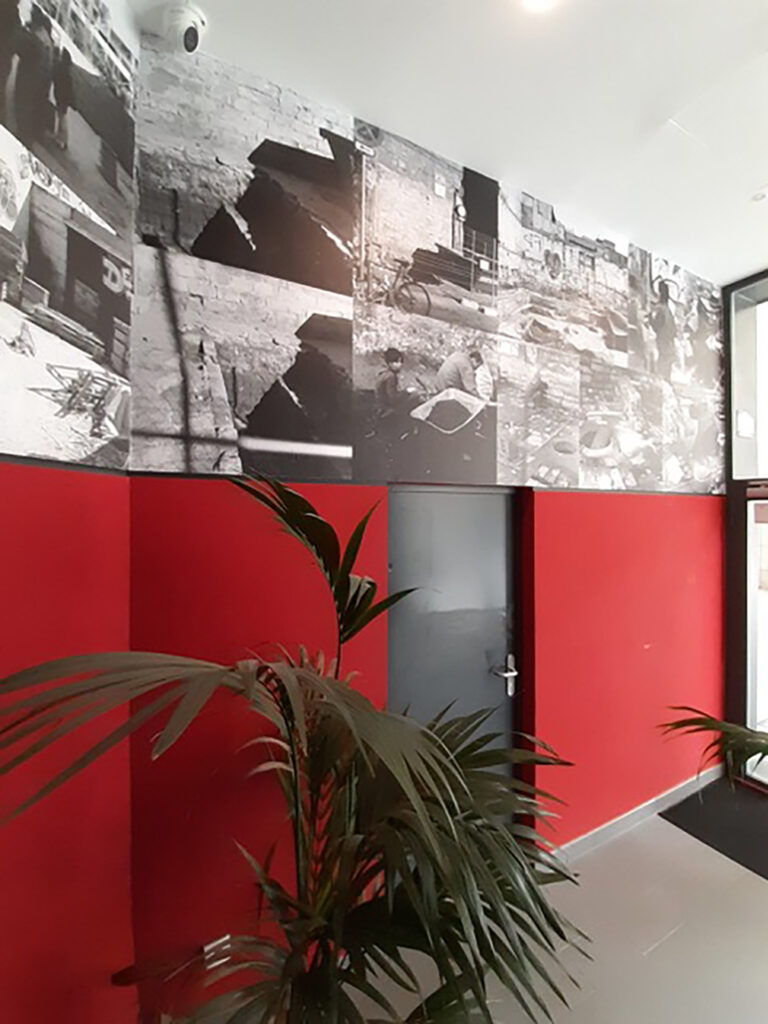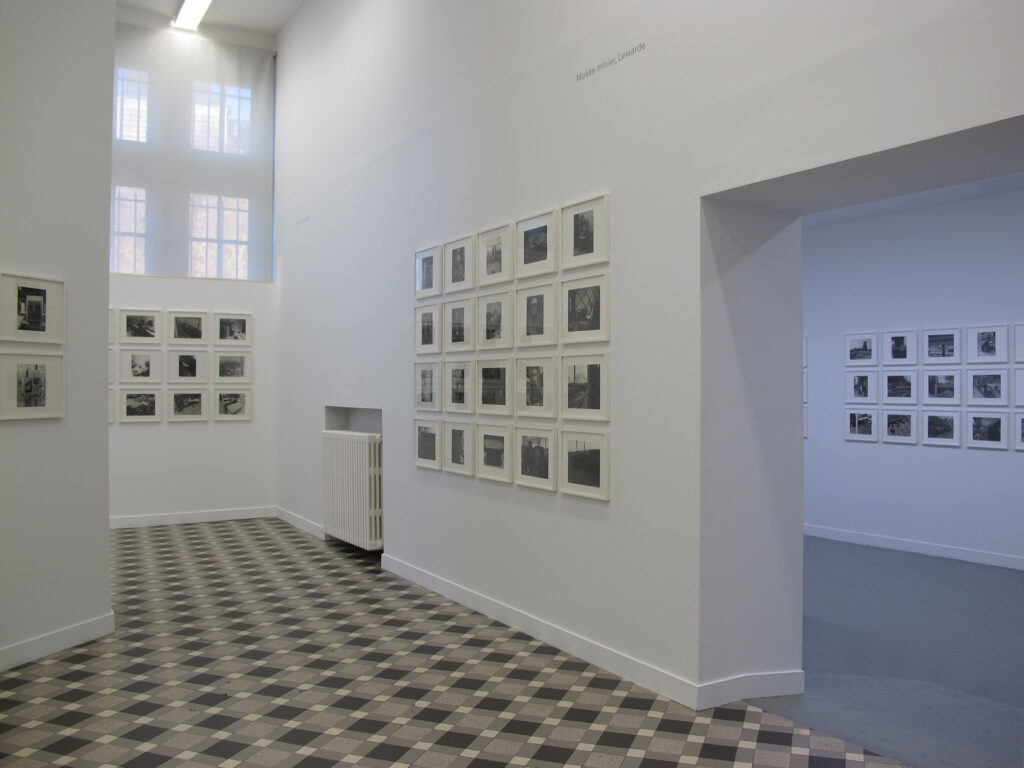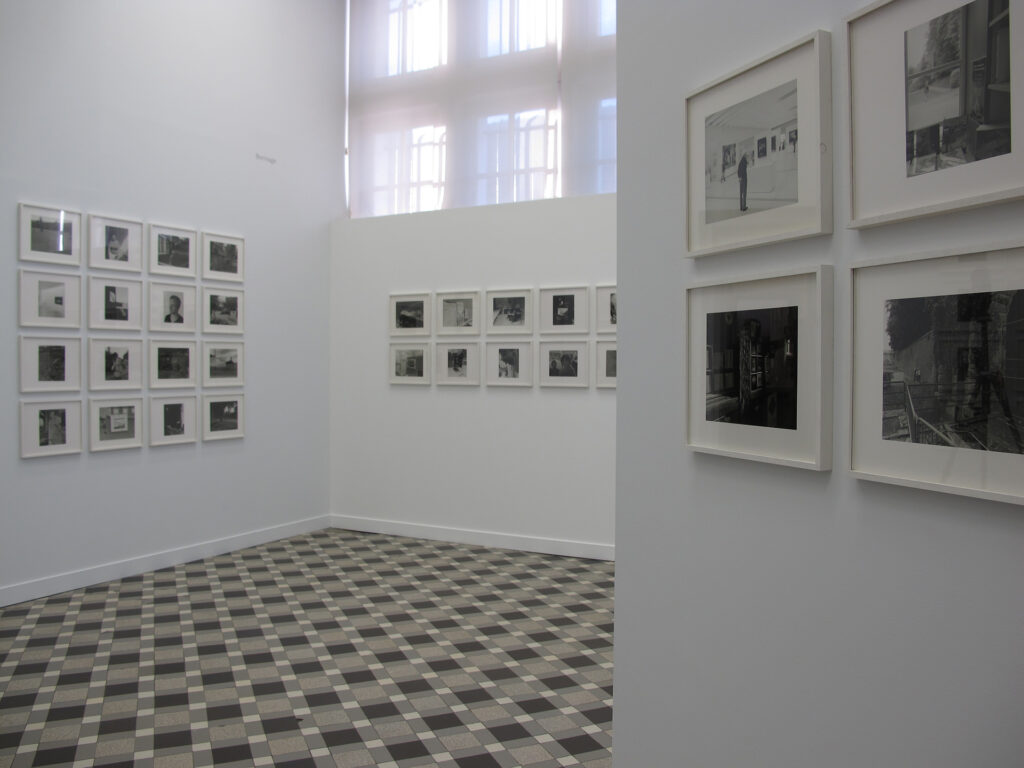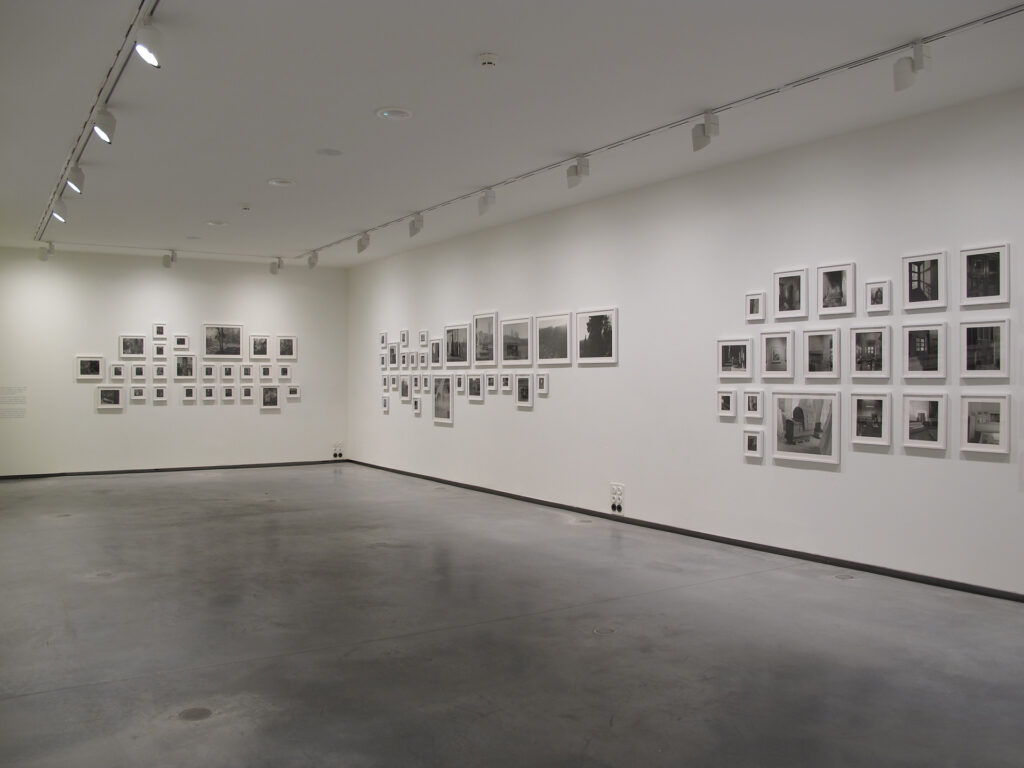Barcelona, Spain, 1963
Lives and works in Barcelona, Spain
Jorge Ribalta’s photographic work belongs to the tradition of documentary photography, yet at the same time examines and transforms that same tradition, embracing the contradictions, fragilities and unresolved tensions of what he refers to as the documentary “idea.” Generally research-based and rooted as much in historiography as in history per se, Ribalta’s artistic production draws on the findings of his research activity, but also incorporates research methodologies as an artistic strategy.
Ribalta photographs analogically, utilizing black-and-white film, yielding images that are closely observed yet often nuanced and oblique, coolly spanning an orchestrated range of people, sites, objects and physical structures. Ribalta’s work usually takes the form extended projects, tracking the changing landscapes — urban, rural, (post)industrial — of our late capitalist era, while framing culture and cultural artifacts as the labor-based products of collective efforts occurring at the nexus of art, politics, economy, labor and history.
In addition to photography, Ribalta’s larger practice also includes writing, curating, archival and historical research and editing. While often critiquing the cultural field in which he himself operates, Ribalta’s work also focuses on vernacular and non-artistic uses of photography, tracing the medium’s role within larger institutional structures of power.
